S3 Ep019 How-To Be a Civically Engaged Citizen: Regenerative Agriculture, Agroforestry, and the 2023 Farm Bill with climate activist Pamela Tate, Pt2
This is a Kinderpublic special episode about effective civic engagement, and Part 2 of our interview with climate activist Pamela Tate, Chair of Campaigns for Climate Reality Project’s Chicago Metro Chapter. Pamela walks us through the steps that she uses to advocate for climate and conservation issues with legislators. She shares:
How to look up your congressional representative and senator,
How to schedule a meeting and what to expect,
The talking points and meeting outline that she uses to discuss regenerative agriculture and agroforestry considerations in the 2023 U.S. Farm Bill,
Why citizen outreach for the 2023 Farm Bill is helpful for everyone involved.
How To Get Involved:
1. Find Your Elected Official:
https://www.house.gov/representatives/find-your-representative
https://www.senate.gov/senators/senators-contact.htm?OrderBy=state
2. Review the Climate Reality Project Chicago Metro Chapter slideshow presentation, “The 2023 U.S. Farm Bill, the Food System, & Soil: A Call to Action” available at Kinderpublic’s YouTube Channel How To: Advocate for Regenerative Agriculture, Agroforestry, & Climate in the 2023 US Farm Bill
3. Call your elected official:
Talking Points for People Calling Legislators on the Farm Bill
My name is XXXX and I represent 30 chapters of the Climate Reality Project’s Coalition on Regenerative Agriculture.
We have been researching climate-smart practices for farmers to improve their profits, help with biodiversity, mitigate severe climate events, and sequester carbon from the atmosphere.
We know that regenerative agriculture and agroforestry are our last best chance to halt climate change. And with the increasing rate of global warming and severe weather events, support for these conservation practices needs to be in THIS farm bill. It will be too late to address it 5 or 6 years from now.
From this, we created two policy documents for the 2023 Farm Bill–one on Regenerative Agriculture and one on Agroforestry in particular. Both are aimed at shifting incentives and funding to more climate-smart practices. I sent these to you on XXXX, and am wondering if you have had a chance to review them.
If no, move to the six recommendations to highlight them.
If yes, thank you for reviewing them and I’d like to take a few minutes to talk through the high points of our policy recommendations. Please let me know how much you already know about Regenerative Agriculture and Agroforestry in particular.
Let’s review these six recommendations at a high level.
As you know, these conservation and climate-smart programs have been historically seriously underfunded. In a given year, between 39% and 69% of applications to support a transition to regenerative and organic farming are denied due to lack of funding. [This is especially difficult for small and mid-sized farmers.]
This is why our first recommendation is to increase funding and incentives for climate-smart approaches such as cover cropping, alley cropping, rotating crops, no or low amount of tilling, and using trees as windbreaks.
It is also important to ensure that conservation programs and incentives do not support Greenhouse Gas-producing practices like controlled animal feeding operations (CAFOs).
I’d like to emphasize that we need to ensure that all Conservation funding is mandatory, just as commodity crop funding is. Protecting conservation funding from the cuts during the annual budget appropriations process is critically important.
The second recommendation is to expand crop insurance to farmers who move to conservation and climate-smart practices. Currently, farmers have to choose between getting discounted crop insurance and getting financial support through conservation funding. This makes no sense!! Crop insurance should be incentivizing farmers to move to these practices, rather than prohibiting them.
Our third recommendation is to provide the necessary resources to the Natural Resource Conservation Service to increase personnel and provide them with training in soil health practices. There is simply not enough training or resources or staff to support the number of farmers who need assistance to learn about these practices and implement them. As we know, making this shift requires longer timeframes and new equipment to allow these practices to be adopted and to produce results; and unfortunately, the NRCS does not have the personnel or the training to help with such a transition.
Our fourth recommendation is to increase resources for federally funded research. In spite of how profitable regenerative and organic practices are, and how much better they are for the environment, less than 2% of public funding for agricultural research focuses on the outcomes and benefits of these practices.
One important aspect of this research issue is the need to increase climate-specific agriculture research and to add climate resilience to the purposes of various grant programs.
The fifth recommendation is to expand processing and storage facilities in regional sites. Currently, the USDA facilities are set up to serve industrial farming. The number of USDA processing and storage facilities, for example, declined from 10,000 in 1967 to 850 in 2021, significantly adversely affecting services and availability for small farmers. Farmers report the need for regional services and mobile units for all farming processes, such as seed cleaning, composting and animal inspection.
One particularly problematic provision is using conservation funds to subsidize Controlled Animal Feeding Operations (CAFOs), which are major producers of methane and are highly polluting. This subsidy should be eliminated.
The last recommendation is to provide incentives that will support the growth of agroforestry practices. Agroforestry research has proven that these practices improve water quality and retention and flood management and provide nature corridors that result in more healthy ecosystems. In turn, agroforestry decreases severe weather events, increases soil health and nutritional value of food, and sequesters carbon.
Expand incentives & funding for implementation of agroforestry practices, including alley cropping, riparian buffers, silvopasture, windbreaks, forest farming & forest-related easements
Expand Agroforestry Financing, Safety Net, and Risk-Management Options as the implementation process can be risky and takes time
Fund Agroforestry Education/Information Dissemination, Research, and Technical Assistance
Promote Reforestation/Afforestation/Proforestation Projects; Promote Carbon Sequestration
We need to benefit wildlife and climate resilience by adding wildlife conservation and habitat connectivity to the ranking criteria for the Wetlands Reserve Easements (WRE) program.
It is also critically important to restore mandatory funding for the Healthy Forest Reserve Program (HFRP). This will help to ensure that a predictable amount of funds are available each year, since we need this funding if we want a long-term commitment to carbon sequestration and ecosystem stability.
We really appreciate your willingness to discuss shifting the Farm Bill incentives and programs to focus more on practices that improve our soil, the nutrition in our food and allow for greater sustainability and biodiversity.
If there is any other information we can provide, please be in touch and we will respond right away to your request.
“I've seen farmers who are quite open to these discussions. It's the legislators that get stuck in a corner, in a “my corner” or “your corner.”
We know that, from the research, that the more fertilizers farmers use- and they're very expensive- and the more fertilizers they use, the worse the soil gets, and the more they have to use. So they have this escalating cost, and then the fertilizer runs off, and into streams and rivers, and into the ocean. So, they not only pay more, but they lose huge amounts of it into streams and rivers.” -
Pamela Tate
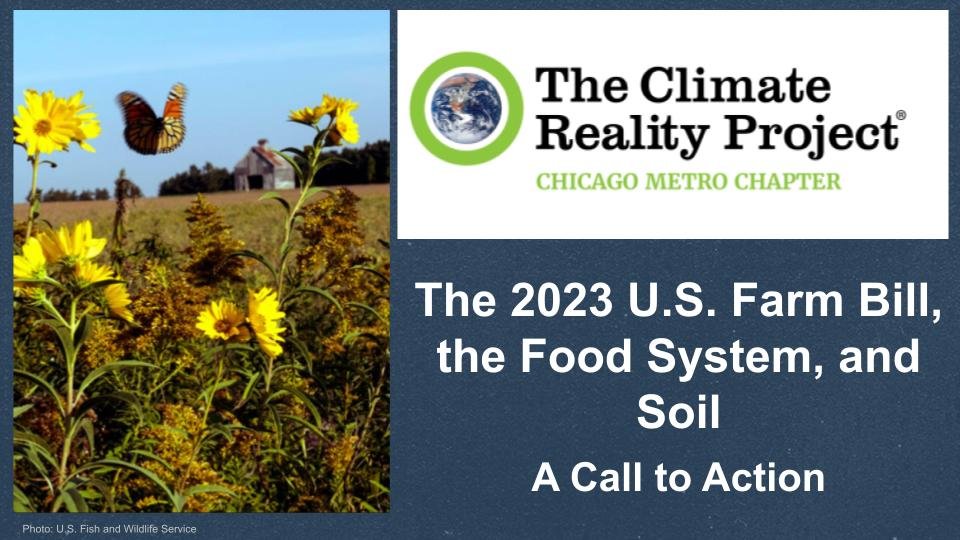
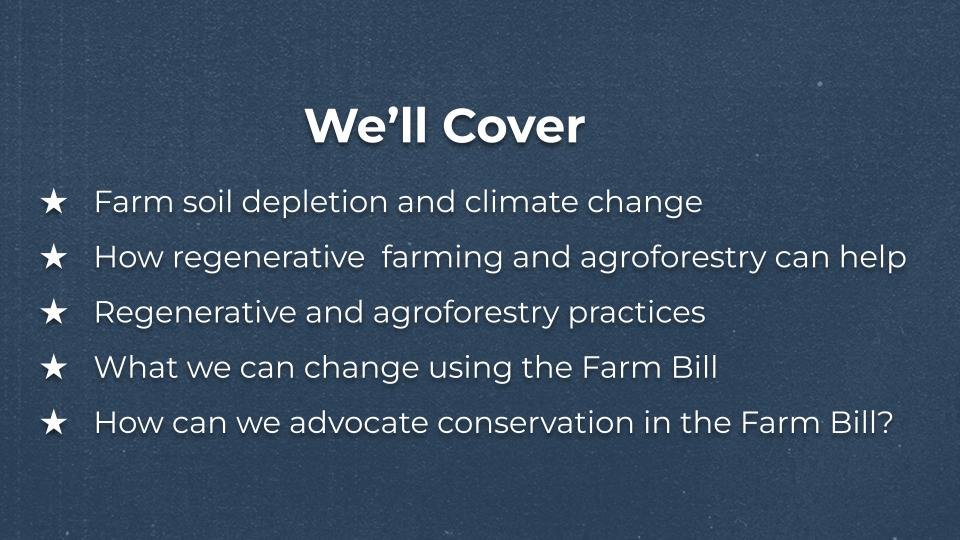
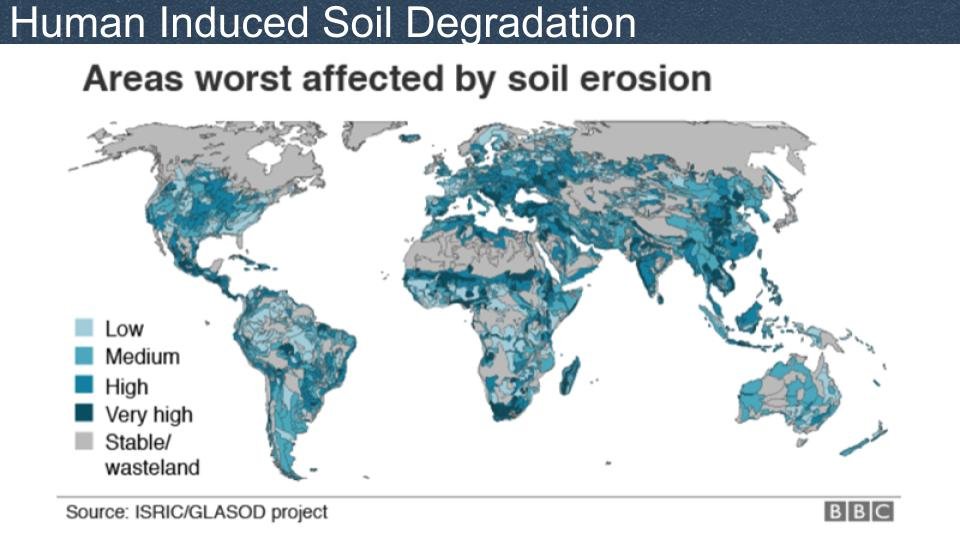
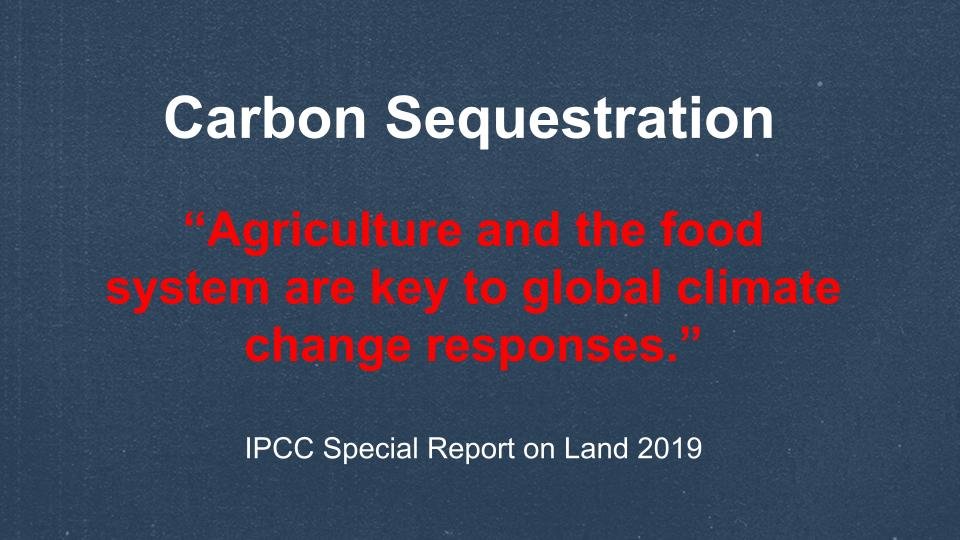
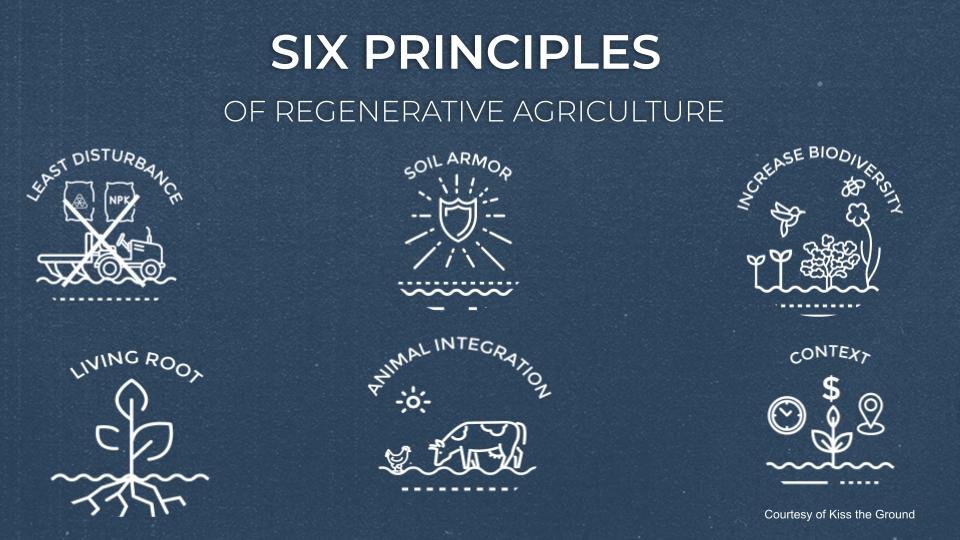
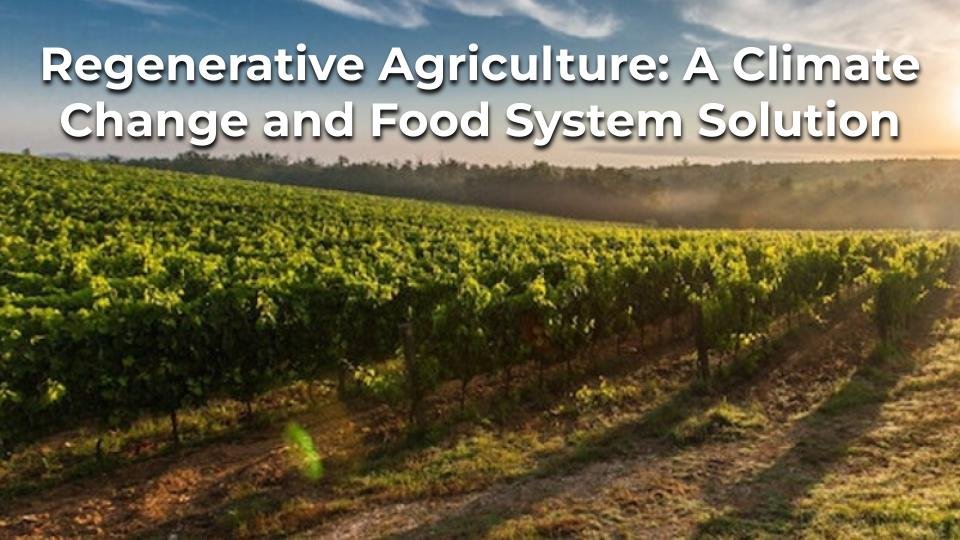
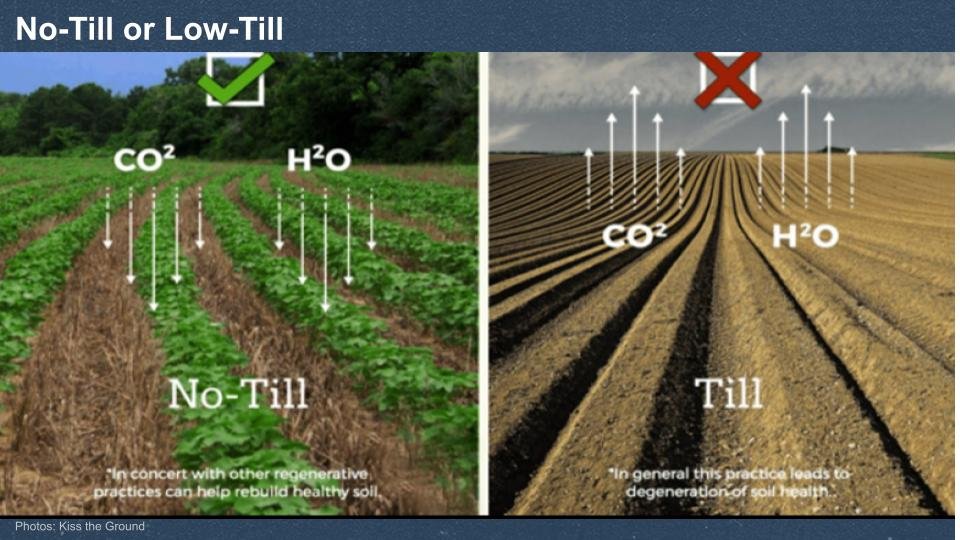
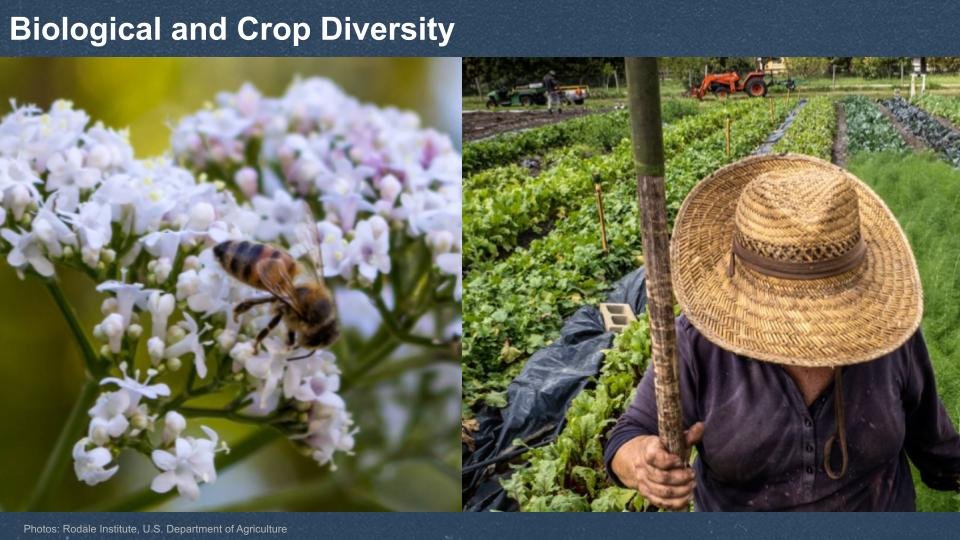
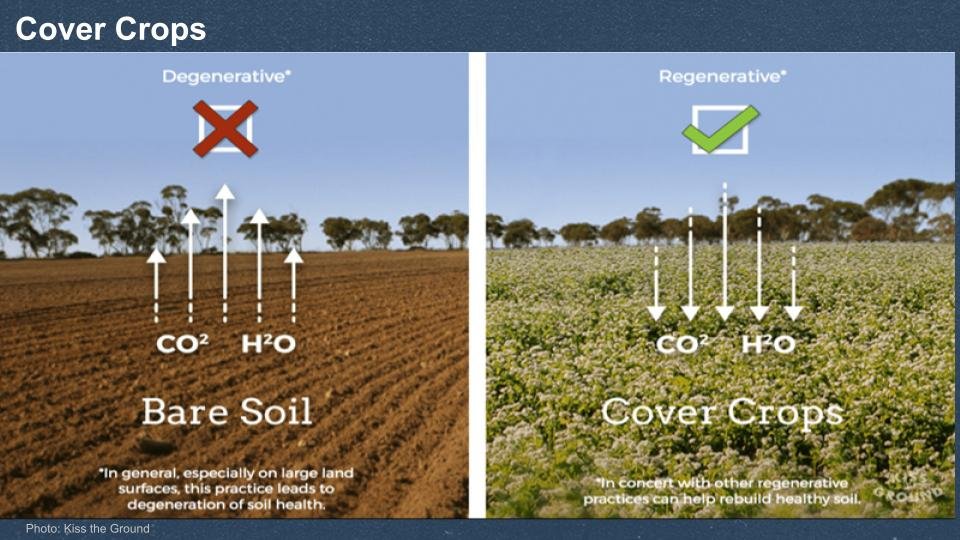
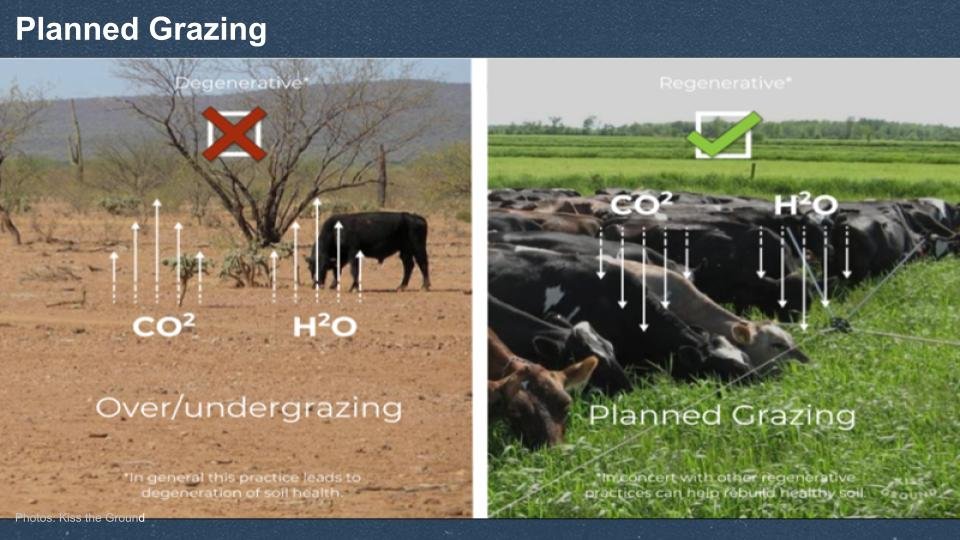
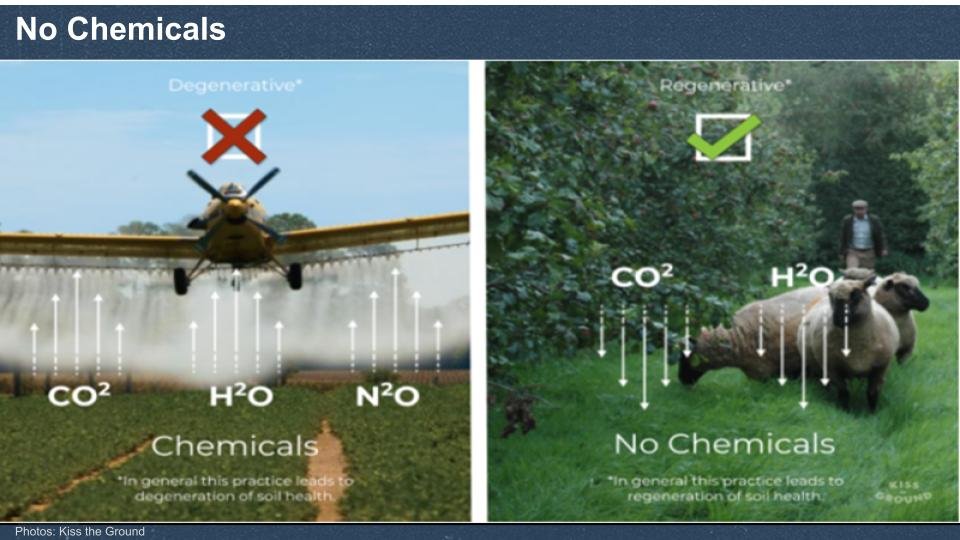
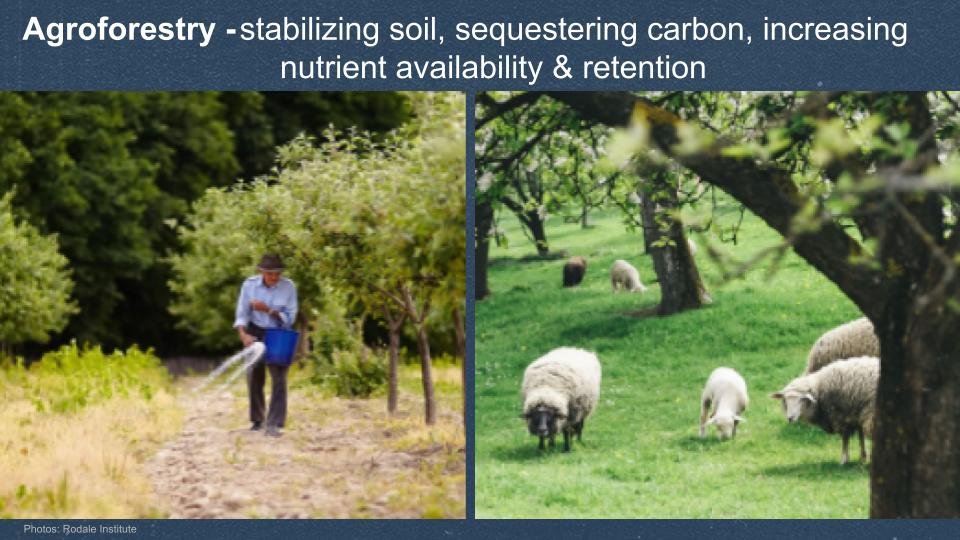
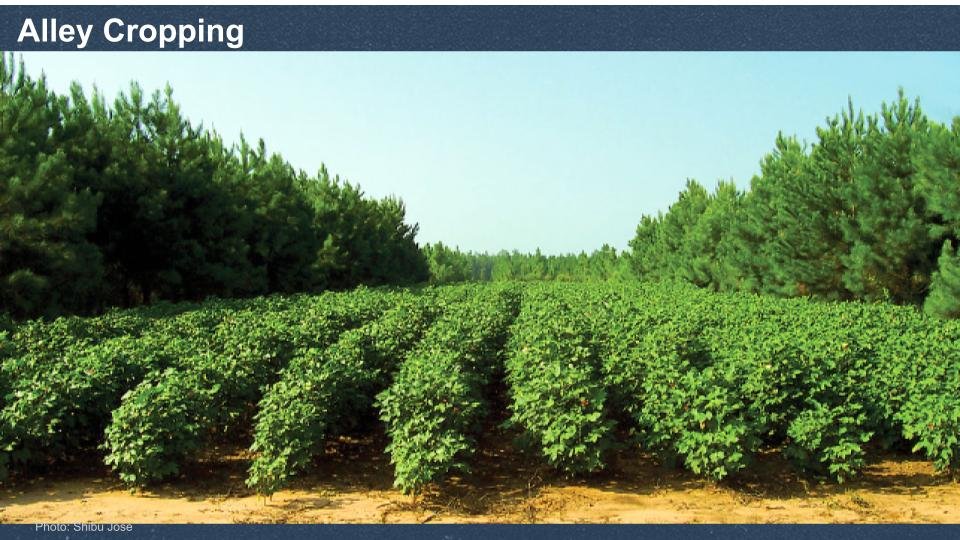
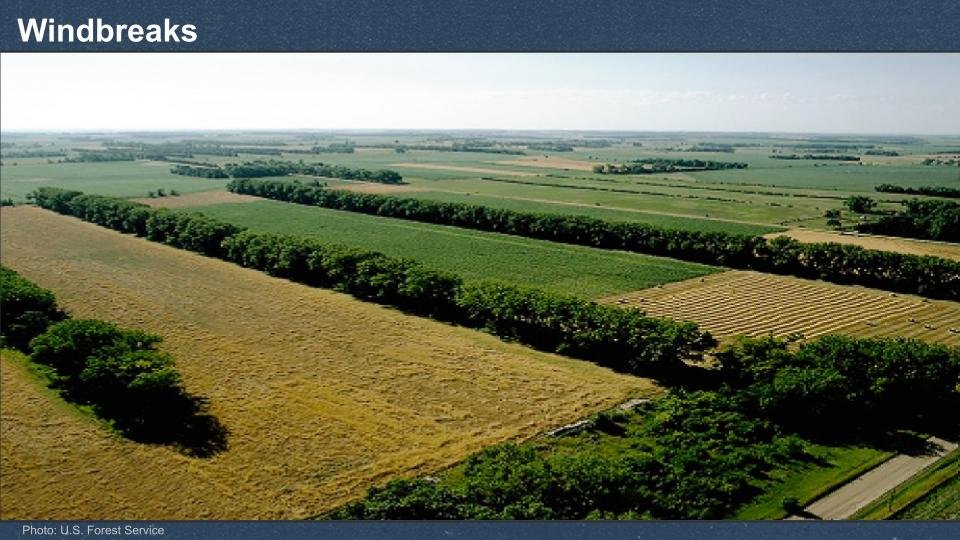
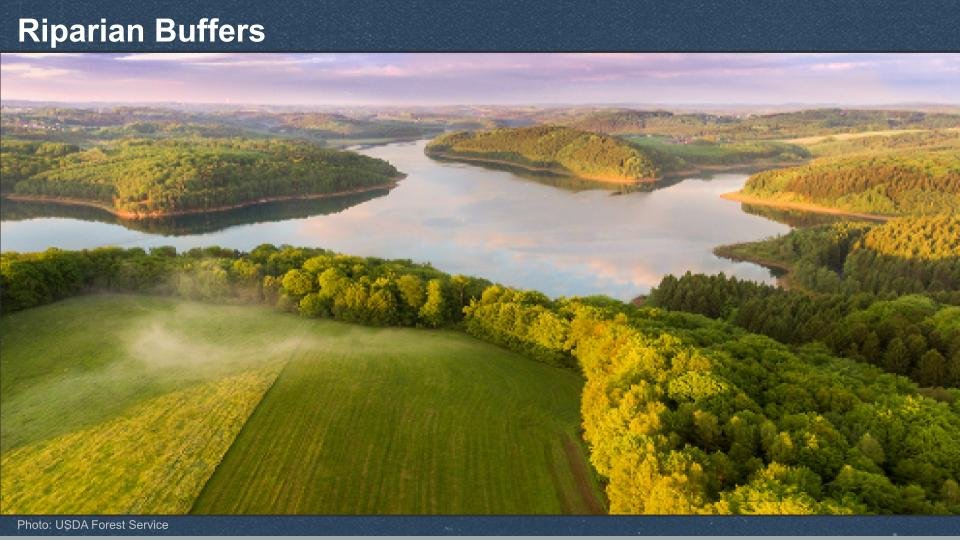
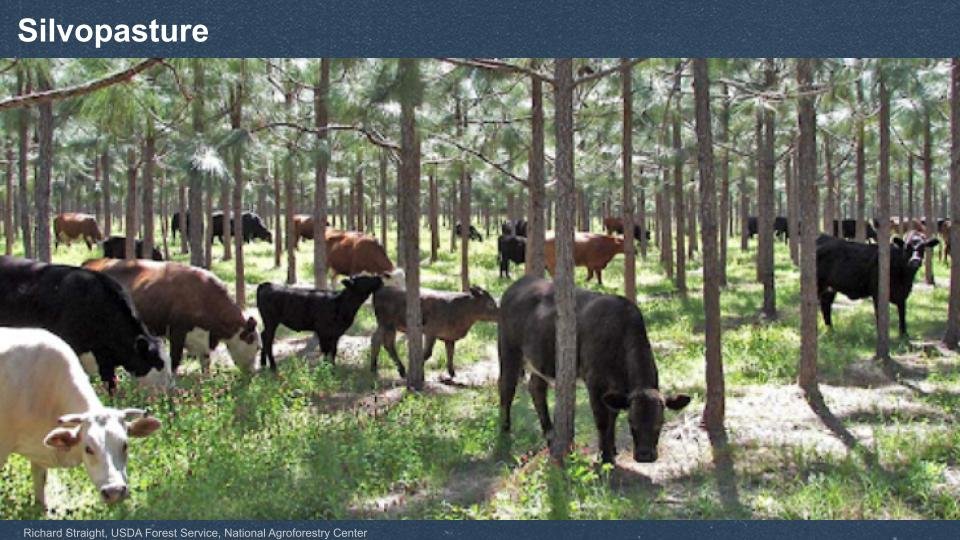
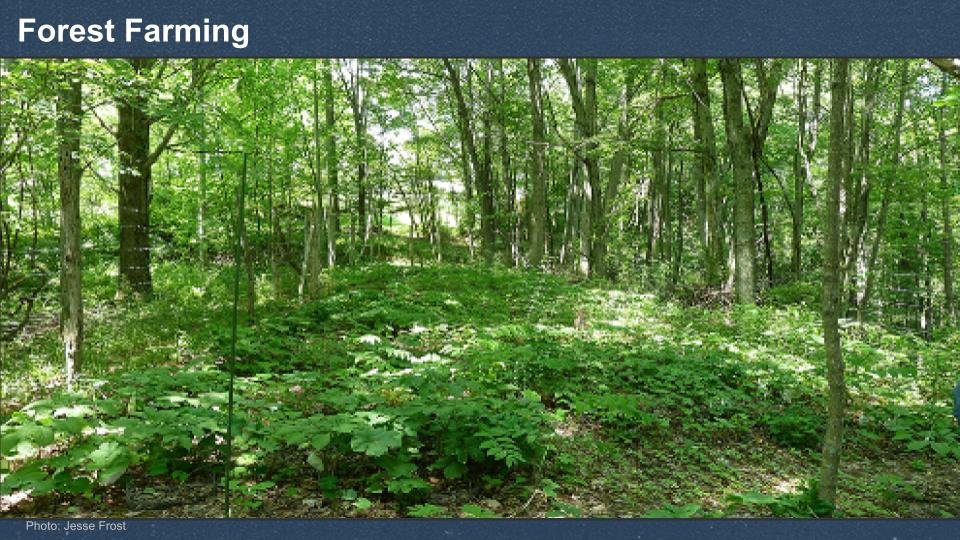
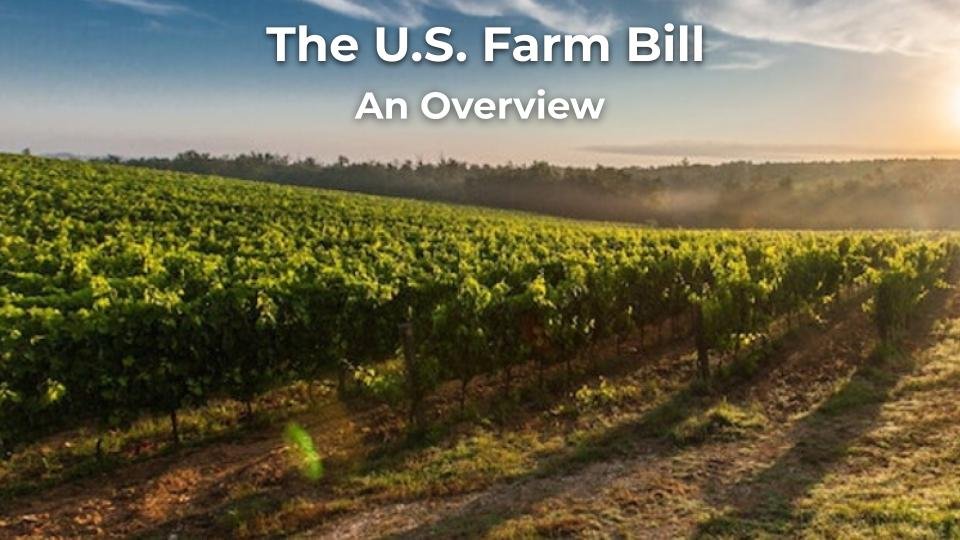
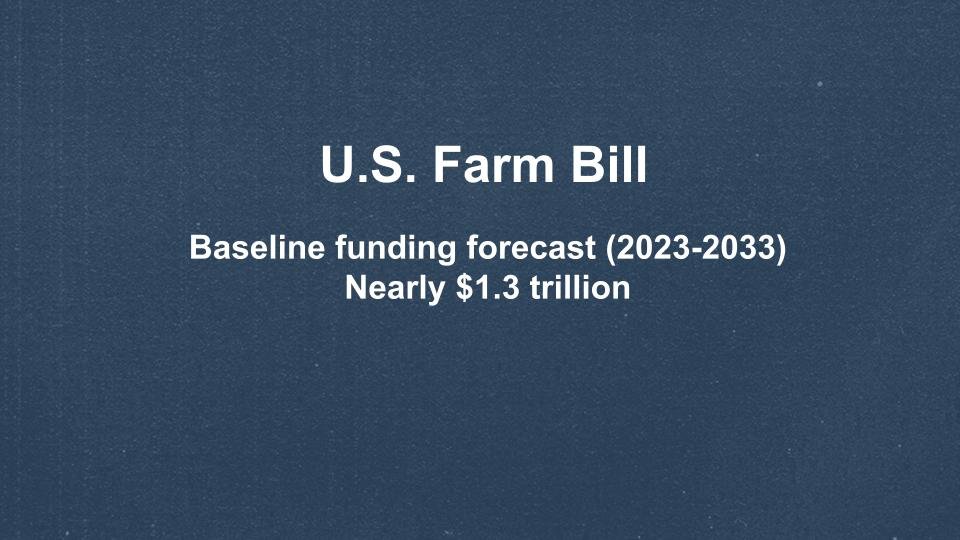
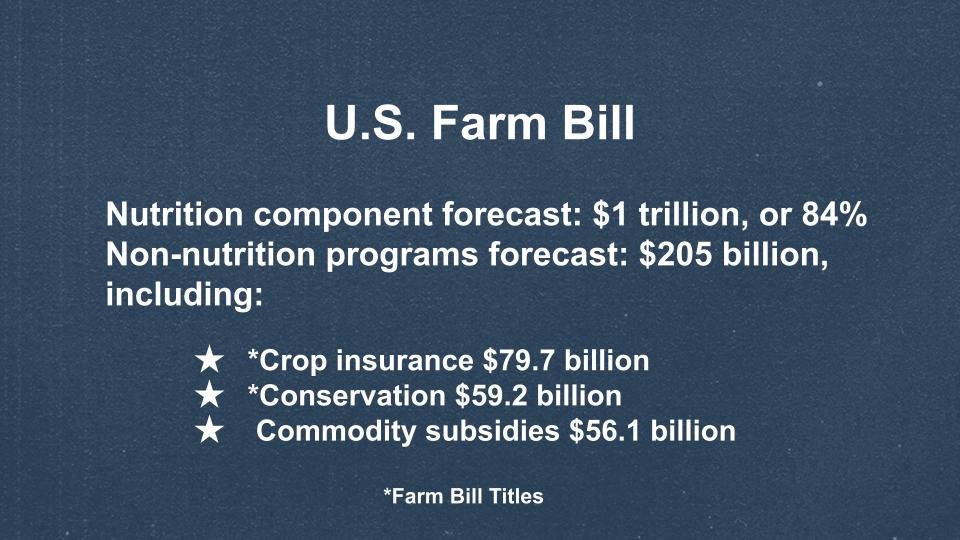
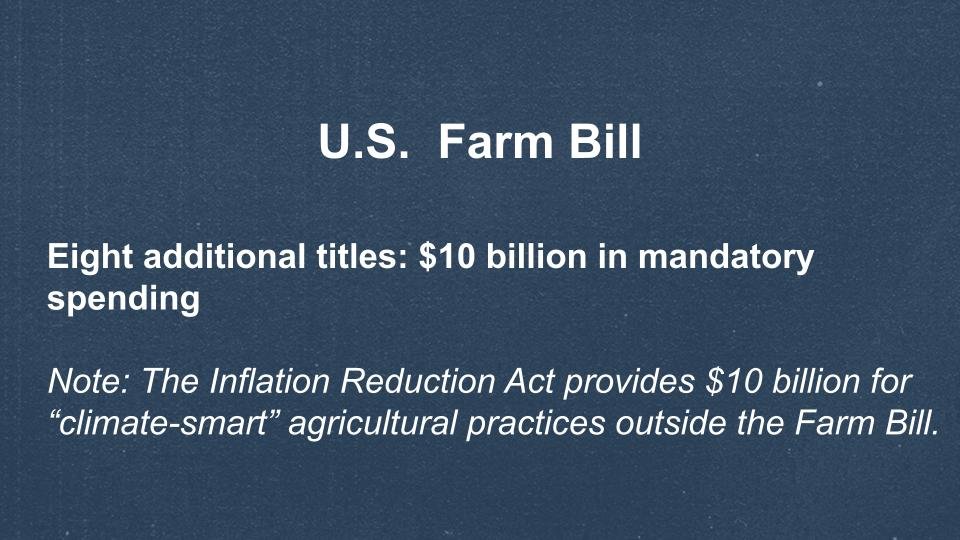
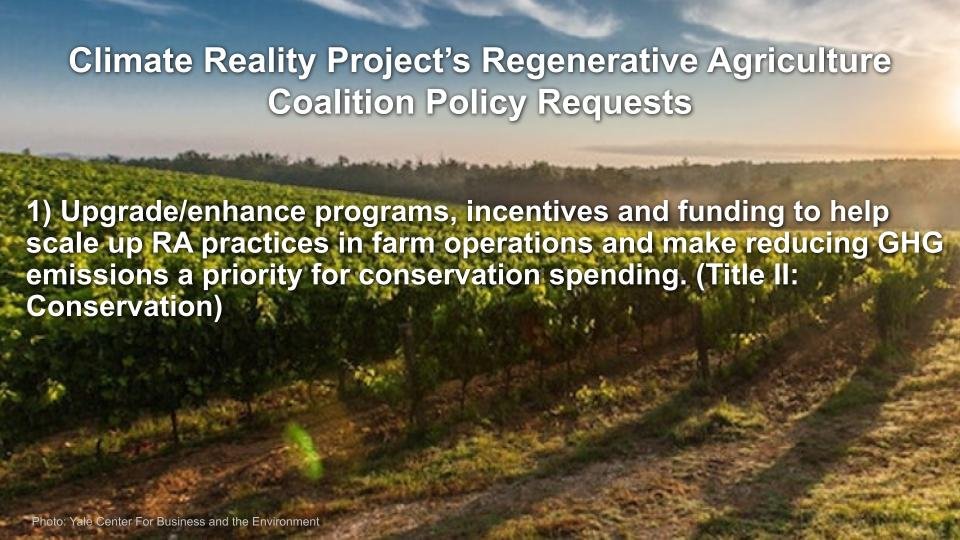
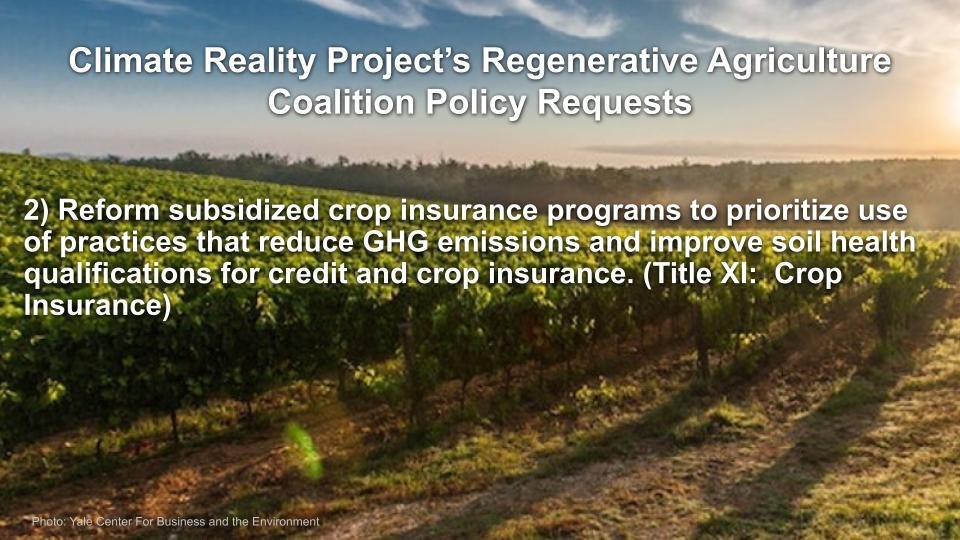
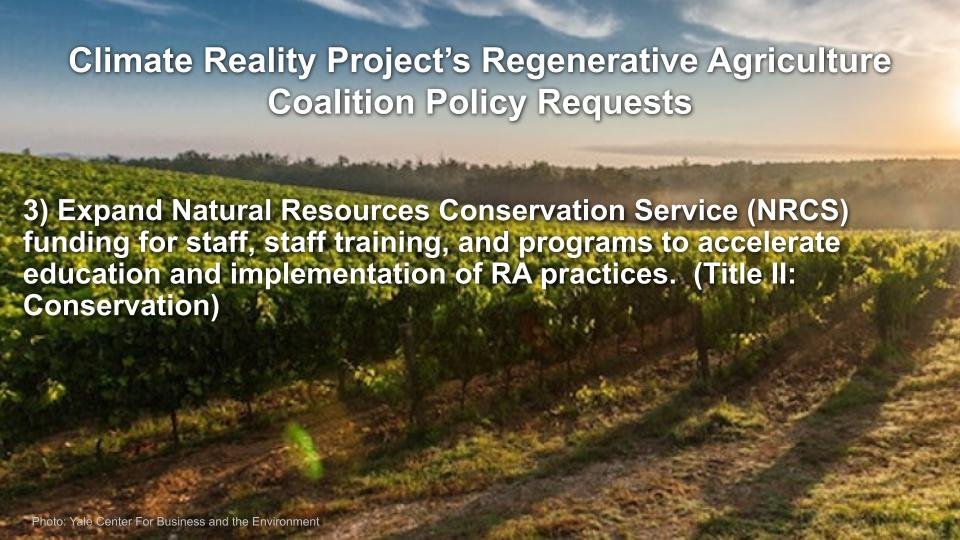
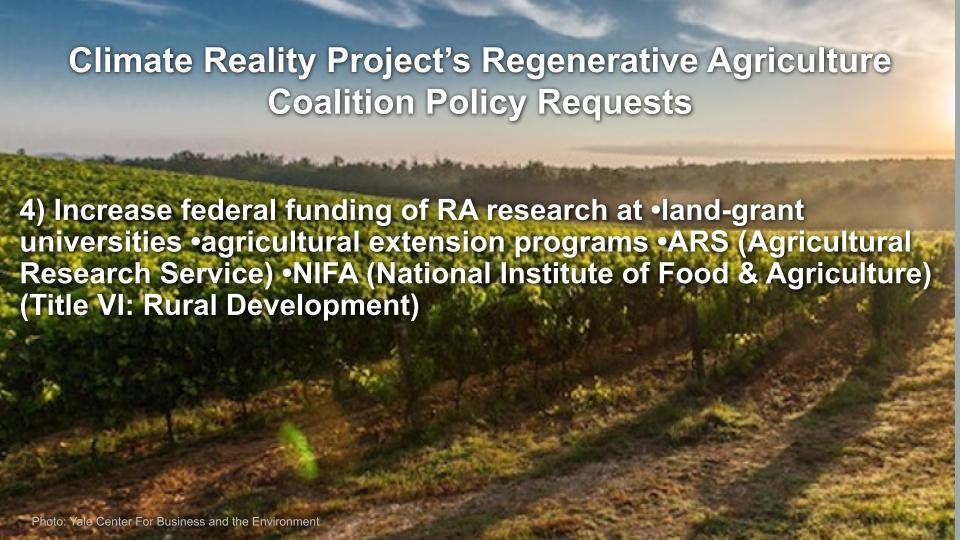
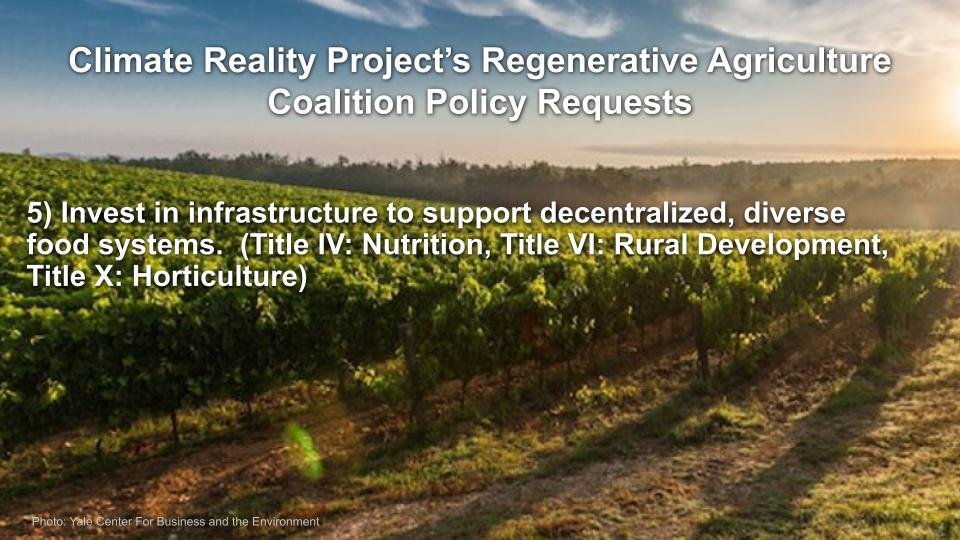
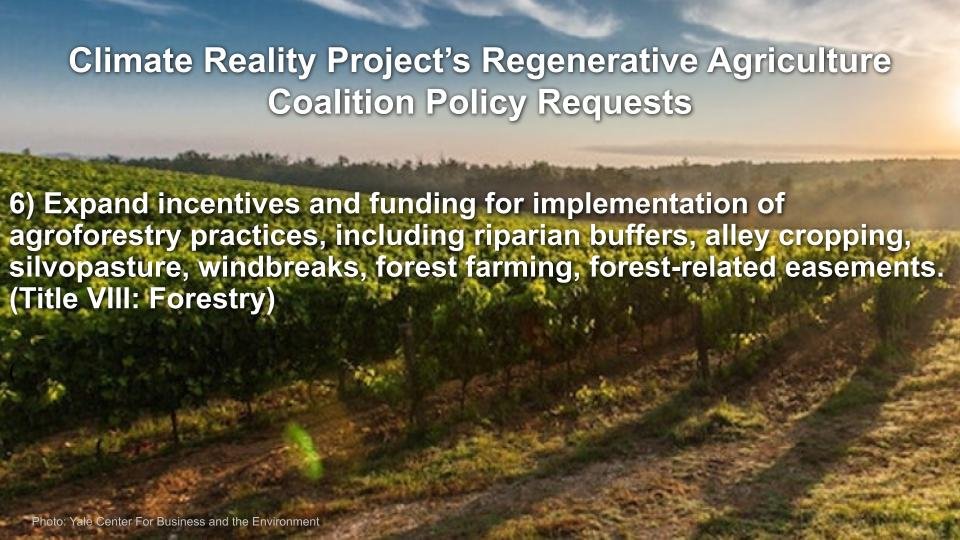
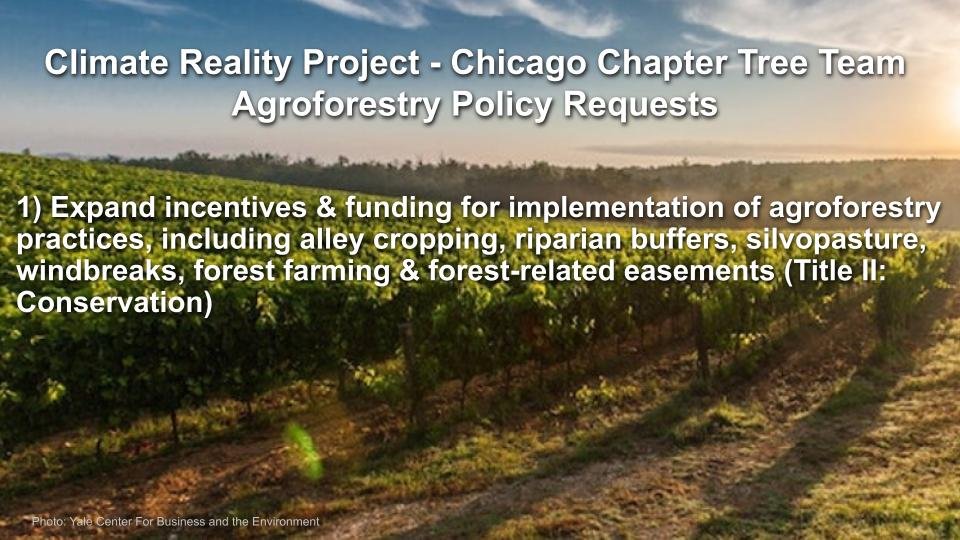
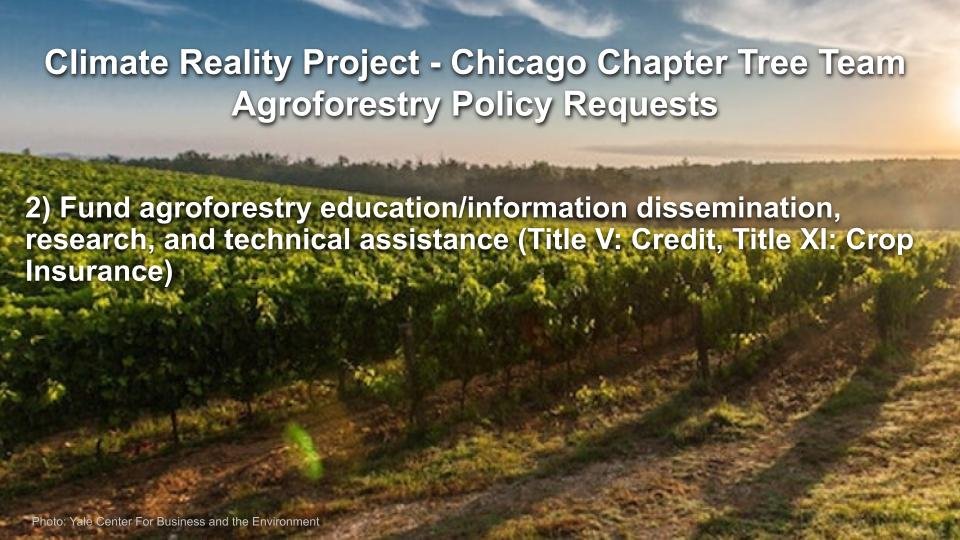
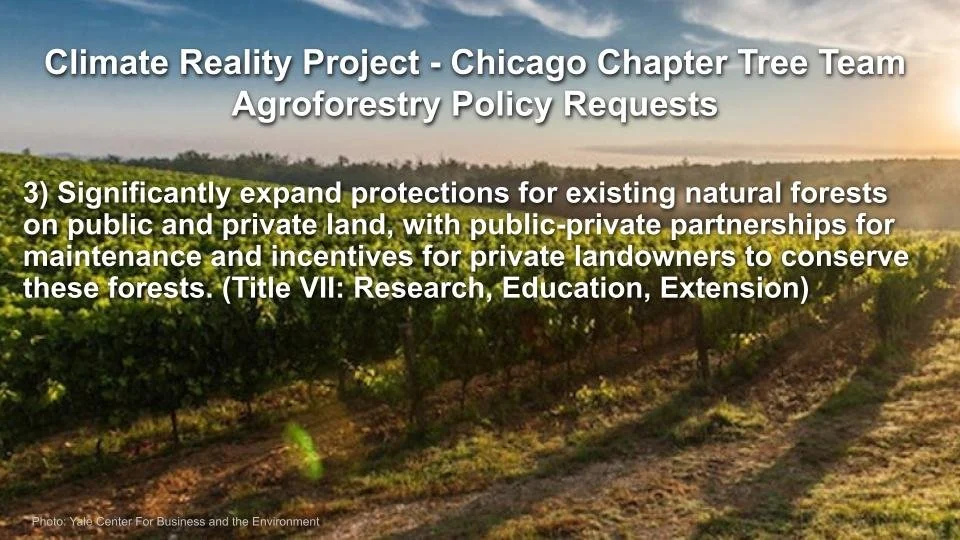
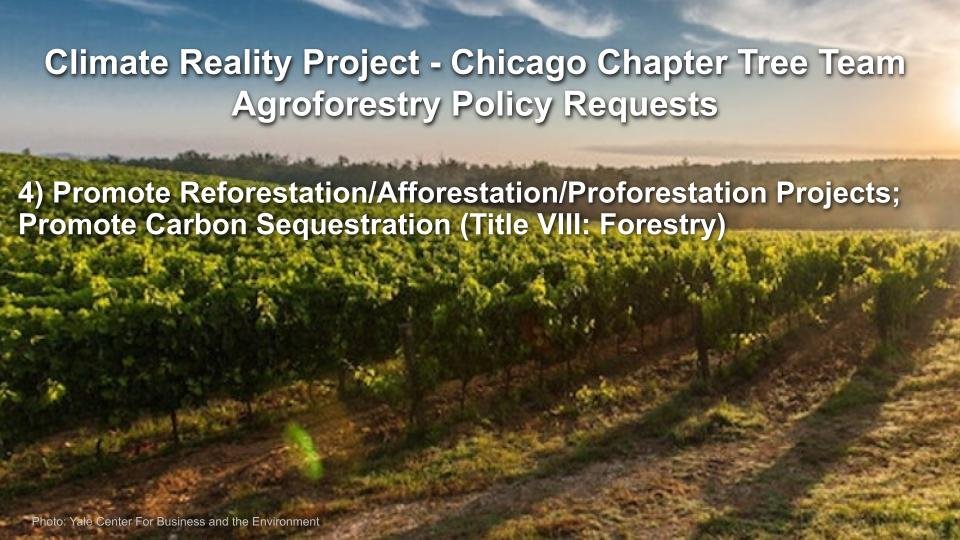
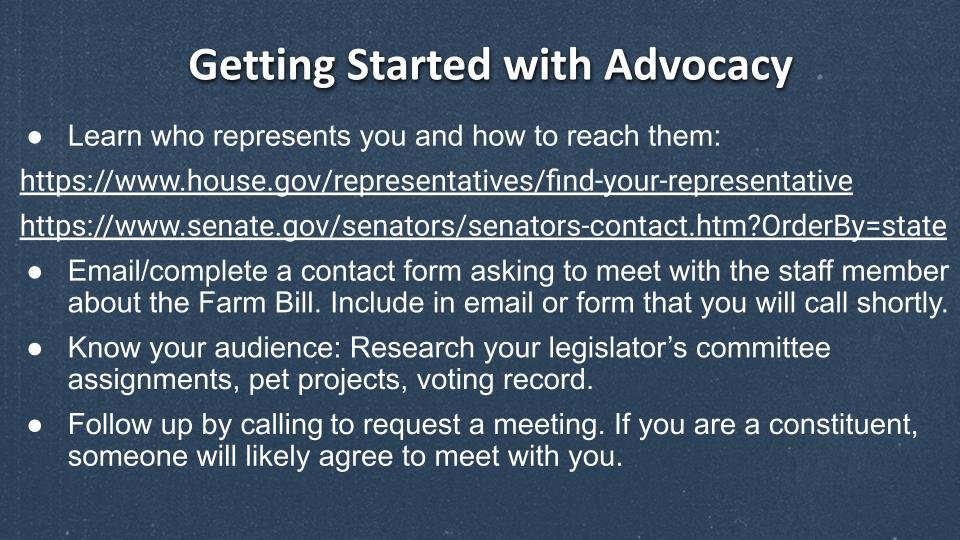
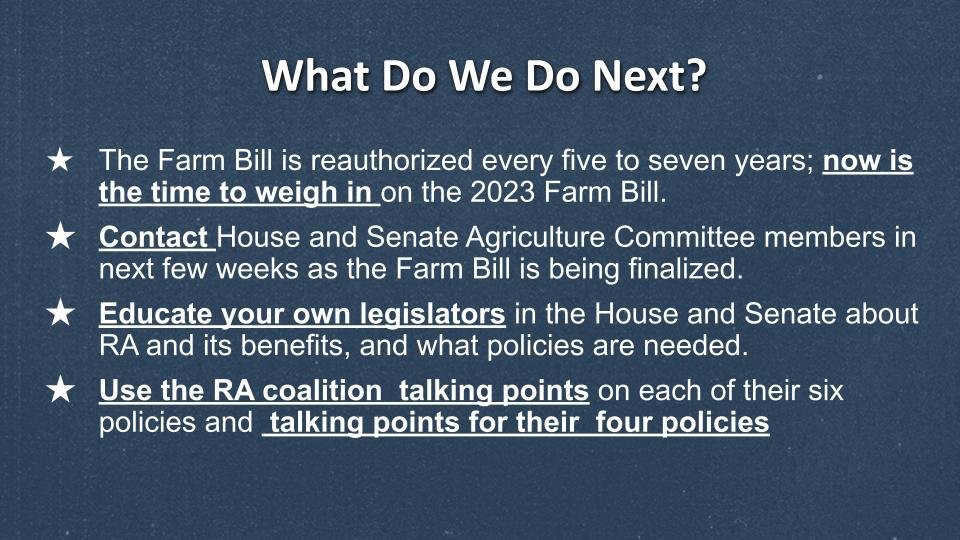
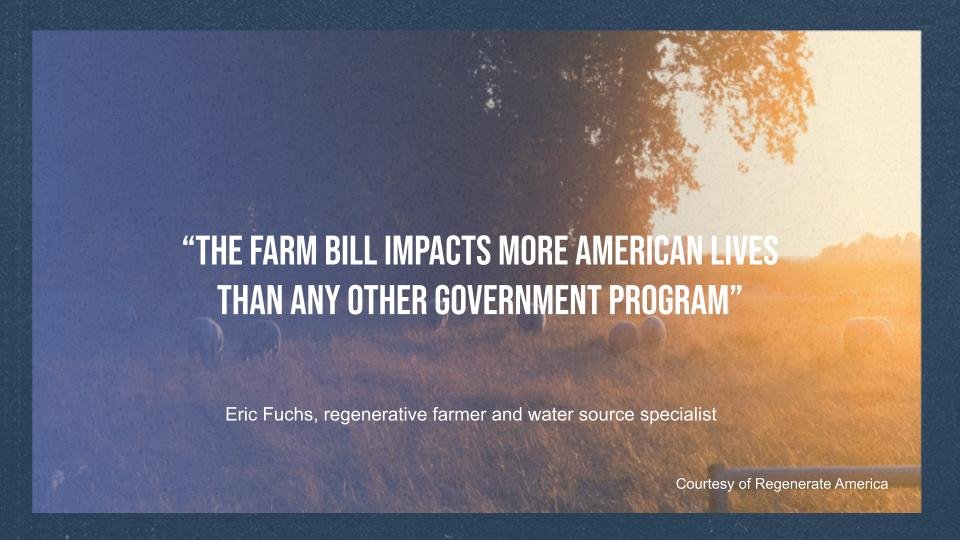
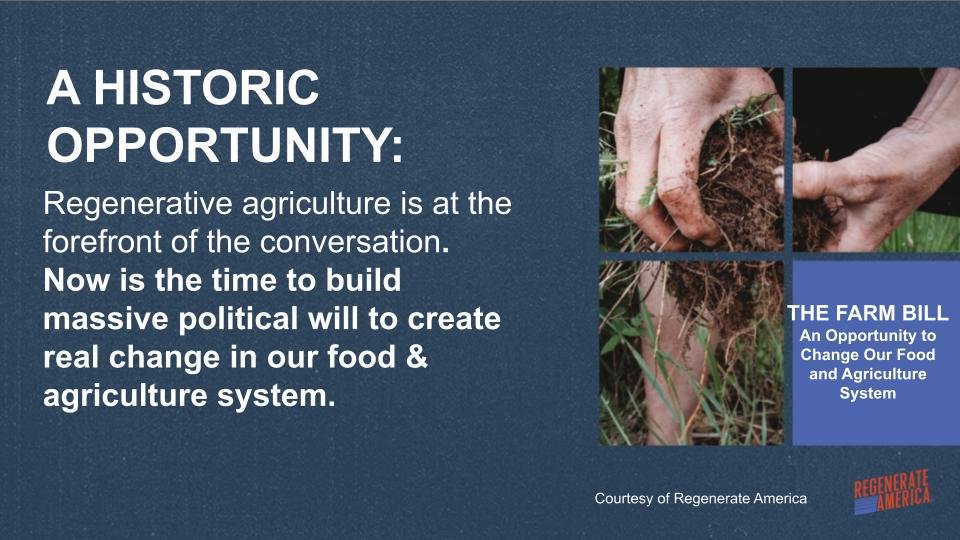
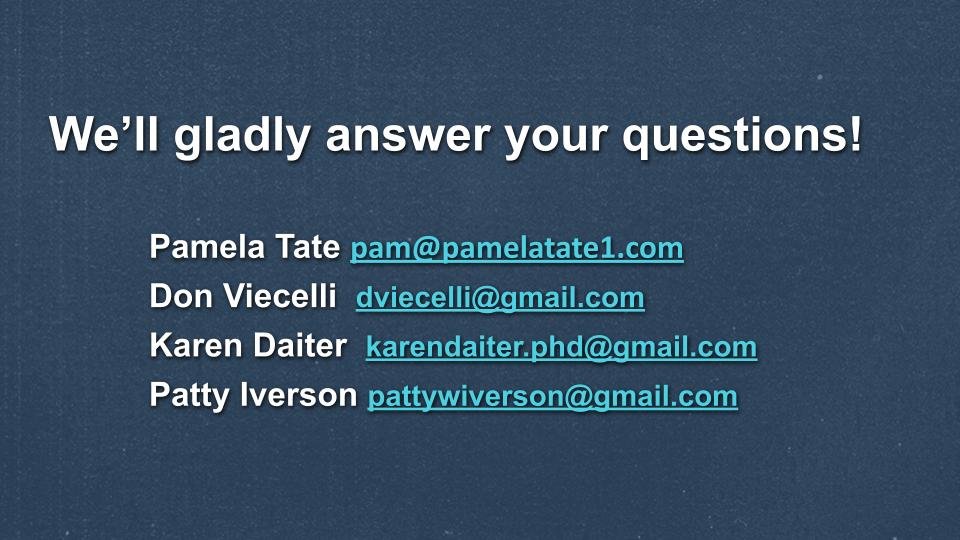
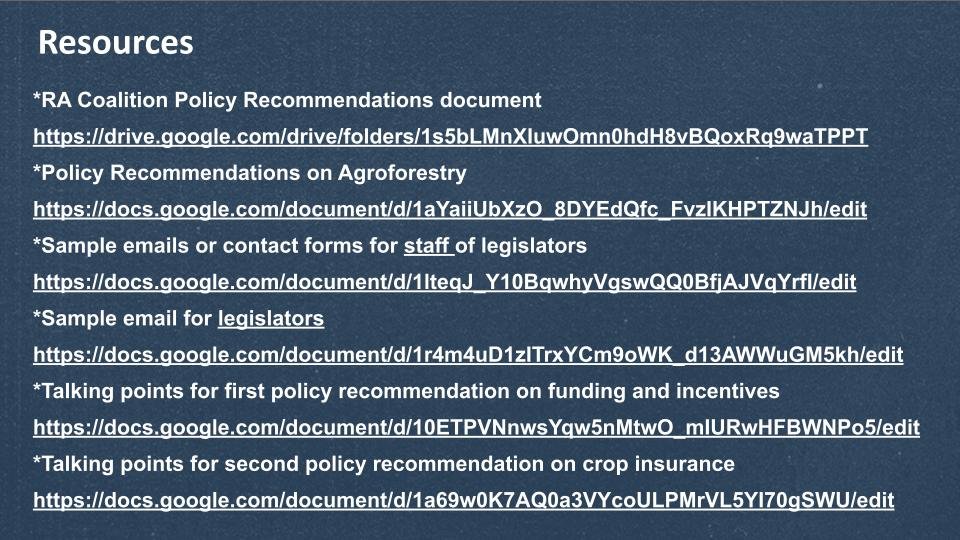
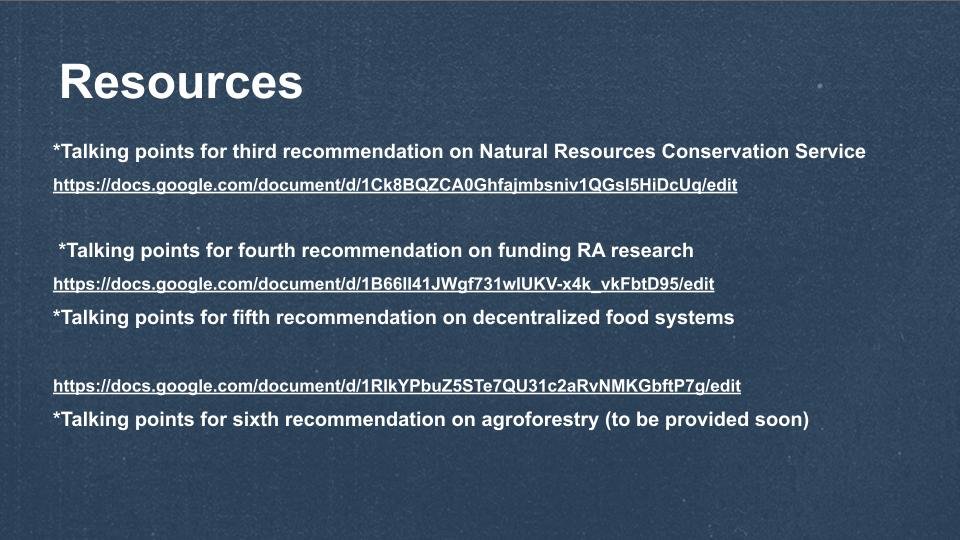
Transcript
Season 3, Episode 19, Pt 2: How-To Be a Civically Engaged Citizen: Regenerative Agriculture, Agroforestry, and the 2023 Farm Bill with climate activist Pamela Tate
This episode references the Climate Reality Project Chicago Metro Chapter slide presentation, “The 2023 U.S. Farm Bill, the Food System, & Soil: A Call to Action” posted on the Kinderpublic YouTube channel: How To: Advocate for Regenerative Agriculture, Agroforestry, & Climate in the 2023 US Farm Bill
Pamela Tate, Climate Activist:
Some of the recommendations just don't seem political to me at all. They just seem like common sense, good ideas.
And I always talk about the profitability of these farms. Because, you know, you can't argue with a farmer who's got a profitable farm and say you're doing something wrong. If you have a profitable farm that isn't hurting the environment, and the food is better, what else can you ask for?
So, I've seen farmers who are quite open to these discussions. It's the legislators that get stuck in a corner, in a “my corner” or “your corner.”
We know that, from the research, that the more fertilizers farmers use- and they're very expensive- and the more fertilizers they use, the worse the soil gets, and the more they have to use. So they have this escalating cost, and then the fertilizer runs off, and into streams and rivers, and into the ocean. So, they not only pay more, but they lose huge amounts of it into streams and rivers.
Cevan Castle, Host:
Welcome to Towards a Kinder Public, a podcast about ways to design kinder public space that better meets our interconnected needs. I’m Cevan Castle, and along with Annie Chen, we are Kinderpublic.
This is Part 2 of our special civic how-to with climate activist Pamela Tate. It would be just as accurate to say she is a nutrition and healthy food activist, a forest and wildlife conservationist, a wild bird and pollinator advocate, a clean water activist, and a food systems resilience expert! That’s just a small sample of how many critical issues the US Farm Bill impacts. As Pamela said in the previous episode, the Farm Bill touches more Americans than any other piece of legislation.
So today, Pamela will take us step-by-step through the method that she uses to reach out to her congressperson and senator to request a meeting with them, to advocate for legislative policy that is good for all of us. Pamela shares every step in detail, so you can feel very confident that you know what to expect.
If you haven’t listened to Part 1 of this conversation, you can return to that episode at any time and get a 101 on farming methods and how these issues are all interconnected. Our Youtube channel has a captioned video with all of this information in visual form, as well.
So we are really fortunate once again, to welcome Pamela Tate, a very accomplished climate activist, here to tell us step-by-step how to be an advocate for regenerative agriculture and agroforestry in the most important piece of legislation on nutrition, health, and climate issues for Americans, which is the 2023 Farm Bill.
Thanks for listening and sharing your time with us!
[slide: getting started with advocacy]
Pamela Tate:
The big agricultural and chemical interests are lobbying, so we better do the same thing, you know. <laughing>
Cevan Castle:
Right!
Pamela Tate:
You just can't sit by and go, oh how terrible this all is, you know, you have to decide that you're going to have a voice.
So one of the first things that you can do is to learn who represents you, if you don't know. Your congressperson, and your senator. I've put in a link here, to how you find them. You just click on the link, and you probably have a way of sharing that link…
Cevan Castle:
We will definitely share all of this.
Pamela Tate:
Oh good!
Cevan Castle:
As well as those links, yes!
Pamela Tate:
If you click on the link and put in your address, boom, up will come the contact information for your senator and representative.
There's one link for the House, one link for the Senate, and it'll ask you to complete a contact form. You click on the contact form, you say I want to meet with so-and-so about… and then it gives you a bunch of choices… and you say environment, or if it gives you one on agriculture click that. And then say that you will call shortly.
First do the form, then you call.
And what I have found, is that if you are a constituent - you live in the area covered by the congressman or the senator - they will have somebody meet with you. It'll be a legislative aide, and many times they have legislative aides that are specialists on agriculture, or on the farm bill itself, you know. So you may or may not get a knowledgeable person. Sometimes I've talked to people that are - literally, this is their first Farm Bill - they know nothing about it. And others came from farms, and they're quite well educated in the area.
But regardless, it's important to know your legislator’s committee assignments. All you have to do is just go to their website. You can get a real feel for them just by looking at the committees they're on, their pet projects, what their record of voting is. I just do that so I have it in my back pocket, I don't ever bring it up, usually.
And you know there are like a hundred plus people on the Agriculture Committee, and that's the committee that produces the draft of the bill that will be voted on this fall. So, you know, if you hit somebody that's on the Ag Committee that lives in your area, that's even better!
So, ask for a meeting! Just ask for a meeting. And most of the time we do the meetings on Zoom, but if you have… if you're, you know, near enough, if you're flexible, you can go and actually meet with a person in -person. That's always the best.
So, here's what our whole Climate Reality Project wants every person to do, regardless of where you live. Remember that this is only reauthorized every five to seven years.
The reason we put seven, is that sometimes it's a five-year authorization, and it runs out September 30th of this year. But often what happens is they can't agree on the provisions, so they do a temporary extension to allow them to continue working on the bill.
And I've been told that this year there will be another temporary extension, I don't know until when, but I know that it will not be voted on before September 30th, which gives us the month of September to contact our legislators. So this is the time to weigh in on the Farm Bill.
If you can, contact the Agricultural Committee members, especially if they're from your state. If they aren't on the Agricultural Committee, still call them and have meetings, so you're going to educate them, because they do have to vote on this ultimately.
And what I've been told by several of their aides is that, more than - or is it more than or almost - 50 percent of the legislators have never voted on a Farm Bill before, and so… <laugh> So, you know, we've got a lot of educating to do here.
And then I would suggest that you use these talking points, and the talking points will be in the resources section, but use them, because they will help you through the phone call.
[When using the talking points] I'm just repeating what I said in the beginning, which is that the Farm Bill impacts more American lives than any other government program.
So if there was ever going to be a time to try to fight for the environment, this is the time.
We won't have any other big bills like this, I don't think, in quite a while. I mean, we've already passed the IRA, we passed the Infrastructure Act, after the Farm Bill we're not going to have a lot of chances to change policy for a while, in an area that we care a lot about.
So, I want to emphasize this historic opportunity, that's what this is.
Regenerative agriculture needs to be put at the forefront. It needs the kind of coverage that you're trying to give it. And we need to build the political will that will change our food system. Because our agriculture system is our food system! You know, a lot of people think, oh, farms, what's that got to do with me? <laughing>
Cevan Castle:
Everyone eats. <laugh>
Pamela Tate:
Everyone eats, right.
[slide Regenerative Agriculture policy paper contacts for more information]
And then I've put the names of all of us on the team, there are others, but the four of us who did the most work on the policy papers. So that if people wanted to be in contact with any of us, we'd be happy to help you. And we've even been offering lately, to sit in on meetings that you set up with your legislators, if we can do it.
Because we've got 30 chapters of the Climate Reality Project working on making legislative contacts right now, and that's you know, maybe 30 states that are covered, but not all states. And so, the more people that we can, you know, incentivize to actually talk to their legislators, especially in September and I'd say even October, the more we can do that, the more chance we have to have an influence on them. Because, I know they do listen.
We send them the policy recommendations before the meeting, and then we go over them at a high level. And they usually give you 30 minutes. That's all you get. Once in a while it might run over, you know, to 40 minutes, but usually this is what their day is like, they're 30-30-30 all day long, so you really have to have your ideas pretty clearly laid out, so that you can get your recommendations in before your time is up. It's so easy to run out of time.
So, I don't know if we have questions that I can answer, but I would be happy to do that, if people would like further information.
Cevan Castle:
That's really helpful, thank you for sharing that.
I just want to clarify one point, when you are saying that you fill out the contact form asking for a meeting, they're going to email you back, and then the person that contacts you is the recipient of the document that you send in advance of your meeting? Is that right?
Pamela Tate:
Usually, okay. Although - thank you, you know, it's an important piece that I didn't mention - usually there's somebody in the office who's just monitoring incoming contact forms and that's often not the legislative aide to the congressperson. It's like a general administrative support person, so they funnel the contact forms to the various people.
So what I do is, I write in to the congressional representative, because that person, if I can get their email - and you know, what we've been doing, we've been on this quest to get a spreadsheet with every legislative aide to every congressperson in the country - they don't post them on the website, and they don't post their emails. So we're getting close. We've been working on it for eight months, but we're about there, I think we may have them all by now. And that is wonderful, because it tells you the legislative aide, the agricultural aide, if there is one, so you can then communicate directly with them. And that really helps.
Cevan Castle:
That's great, so you can send those documents to those emails?
Pamela Tate:
Yeah!
Cevan Castle:
And, one thing that I learned, well I didn't learn just one thing from you, <laugh> I've learned many things from you, but one important thing that I found about creating these meetings, is that the Climate Reality Project has an interesting approach in contacting a representative's office and mentioning the group affiliation, and saying that, you know, you represent however many states or however many chapters of this organization. So that helps them feel motivated to meet with you, because although you may or may not be a direct constituent, you are representing a larger group of people in this conversation.
Pamela Tate:
Yeah, I think that's right. And let me just say though, it is not always the case that they will meet with you if you're not a constituent. I mean, I would say I've used that argument, “I represent 30 Chapters of the Regenerative Agriculture Coalition, and this is across the country.” And I said that, you know, said that kind of thing in all my letters that I send, on my emails. And I would say I get responses that are in the affirmative about 50 percent of the time, and then 50 percent of the time they don't write back.
So usually after three weeks, I write them again, and I send a copy of the two documents again, and I say, “Perhaps this got lost in your email. I'm still interested in meeting with you, since I know that the voting on this won't occur until later in the year, and we represent hundreds of people thousands of people who have an interest in the Farm Bill. Could you please consider 30 minutes with me.” And I get some responses to that one, sometimes people will just say, “oh yeah, it got lost,” or “you know I did see it, but I was busy,” <laugh> you know, but it's harder for them to turn you down when you write them a second time. <laughing>
But I'll tell you, if you're a constituent, they will get back to you.
So if you don't want to go roaming around the country talking to congressmen from other places, start with your own, you know, because they're the most close to you, they know your vote matters. And we have never had a turn down from a congressman’s staff who is in our district, and other members of the Regenerative Ag Coalition say the same thing, they always get those meetings.
And what I don't know is, you know, how many states are still uncovered. We're only going to call the legislators we - the Chicago Chapter and the Denver Chapter that are leading this Coalition- we're only going to call the states that nobody is representing right now. Other than that, we're saying to people call your own legislators. Because, you know, for example, we, here in Illinois, we've got 17 representatives on the Ag Committee just from Illinois! So it's quite a job to get to them all, and you may - if you're from a big state, a populous state - you would have a lot of phone calls to make just sticking with your own area.
So yeah, I think that your recommendation is right on target.
Cevan Castle:
I've been learning a lot, and I'm really grateful for all of the information and encouragement that you're sharing. I think that it's so important to know that you do have a voice, and to know what to do to use your voice. It’s something we don't talk enough about, so I really appreciate you sharing this information so generously.
Pamela Tate:
Oh, I'm really enjoying the opportunity to talk to people.
I guess I just want to say one more time, don't be uptight about calling a legislator if you've never done it before. They're just another person, who is working for the congressman, and they're eager to learn. And I've never had a bad conversation, even if they don't agree with you, and I've had some of those. Don't think that, oh well I'm not used to working on policy, so I can't talk to my legislator. You can. They're just people. And a lot of them don't have the information that you're ready to share.
Cevan Castle:
So, you're helping.
Pamela Tate:
Yeah, you're helping them. That's how I think of it. That I'm a good information source.
Cevan Castle:
That's right, and a nice person to talk to.
Pamela Tate:
Yeah. Well, I try to be! I try to be somebody they want to talk to, yeah.
We've got to somehow find a way to get all the members of the house that are Democratic to vote for conservation growth and climate smart stuff, and we've got to find a way to just sway five to ten Republicans. When you think of it as a whole, it sounds overwhelming, but when you think of it in terms of numbers of people, it's not that many. So I've been telling myself that in order to remain motivated! <laughing>
Cevan Castle:
Right! We only need five to ten.
Pamela Tate:
Yep! That’s all you need. <laughing>
And you know, of course, we don't have the lobbying strength of the agri-chemical industry. But, you know, we still haven't given up.
I mean, that's the most important thing, it's just not to throw up your hands.
And some of the recommendations just don't seem political to me at all. They just seem like common sense, good ideas.
Cevan Castle:
I agree.
Pamela Tate:
Like, not having a conflict between crop insurance, getting crop insurance discounts and doing conservation. Why should there be, you know, why should there be a conflict? That's the sort of thing that I'm feeling like we need to talk about. Something that isn't as - um - it's not like we're saying we need billions of new dollars for everything that we want - so that's why I'm trying to think of the recommendations that are substantive and obvious but not extremely costly.
And I always talk about the profitability of these farms. Because, you know, you can't argue with a farmer who's got a profitable farm and say you're doing something wrong. If you had a profitable farm that isn't hurting the environment, and the food is better, what more can you ask for?
Cevan Castle:
Right.
Pamela Tate:
So, I've seen farmers who are quite open to these discussions. It's the legislators that get stuck in a corner, in my corner or your corner.
We know that from the research, that the more fertilizers farmers use- and they're very expensive- and the more fertilizers they use, the worse the soil gets, and the more they have use. So they have this escalating cost, and then the fertilizer runs off, and into streams and rivers, and into the ocean. So, they not only pay more, but they lose huge amounts of it into streams and rivers.
So, it's pretty hard to lobby like this, with such huge interests on the other side, but I don't know, I do feel like this message is starting to get through.
Cevan Castle:
I think so!
Thank you so much, you are so accomplished and you do so much, and I'm soaking it up and learning so much that I just had no idea about.
Pamela Tate:
Well, you know what, four years ago I didn't either, you know, because my career was in the world of higher education. And I spent my life as CEO of a non-profit that worked on workforce development and adult learning, and careers, and so on, and I didn't put my full time into the climate movement until four plus years ago.
And now it is full-time, because there's so much to be….
Cevan Castle:
<laugh> It's probably overtime, now! <laughing>
Pamela Tate:
Yeah it is, it’s true! You know, everything's falling apart so you want to try to do what you can. But yeah, I'm really glad that this is where I'm going to devote the rest of my life to.
Cevan Castle:
I'm glad, too, so thank you! <laughing>
Pamela Tate:
Likewise! <laughing>
Cevan Castle:
Really glad! <laughing>
All right.
Pamela Tate:
Okay.
Cevan Castle:
Well, I appreciate your time today so much!
Pamela Tate:
You too. You too.
Cevan Castle:
<laughing>
[Sounds of frogs calling from a marsh on a rainy summer evening]
Cevan:
On our website, kinderpublic.com, you’ll find the talking points document, links to the resources, and much more information, as well as a full transcript.
This episode is also available as a captioned video with the full slide presentation on our Youtube channel, where we are @kinderpublic.
We’re here to do this together, so you can always reach out to your local Climate Reality Project chapter, or the contacts at the Chicago Metro Chapter that Pamela shared, if you want to find some support. We at Kinderpublic are also making calls to legislators, and we’d love to hear how it’s going for you!
You can find us on Instagram, Facebook, Twitter, and YouTube! We are @kinderpublic. You can also email podcast @ kinderpublic.com, and share updates or information about the accessibility of public space.
If you have enjoyed an episode of Towards a Kinder Public, we would love your help in sharing the episode with others. Please also leave us a rating and a review, it helps us make our topics more visible, and we really appreciate your support.
I’m Cevan Castle, my guest has been Pamela Tate, Chair of Campaigns of the Climate Reality Project Chicago Metro Chapter. Have a very good week!
[Frog sounds continue and then fade out]
Organizations Mentioned in this Episode:
Climate Reality Project Chicago Metro Chapter Regenerative Agriculture
Environmentally Harmful Farming Methods Mentioned in this Episode:
Concentrated Animal Feeding Operations (CAFOs)
How to Find Your Elected Official:
https://www.house.gov/representatives/find-your-representative
https://www.senate.gov/senators/senators-contact.htm?OrderBy=state
Next Steps:
Use the Talking Points for People Calling Legislators on the Farm Bill and invite some of your friends to attend a 30 minute Zoom meetings with your representative and senator’s aides. We’ve had productive, enjoyable meetings with the legislators, regardless of party affiliation.

